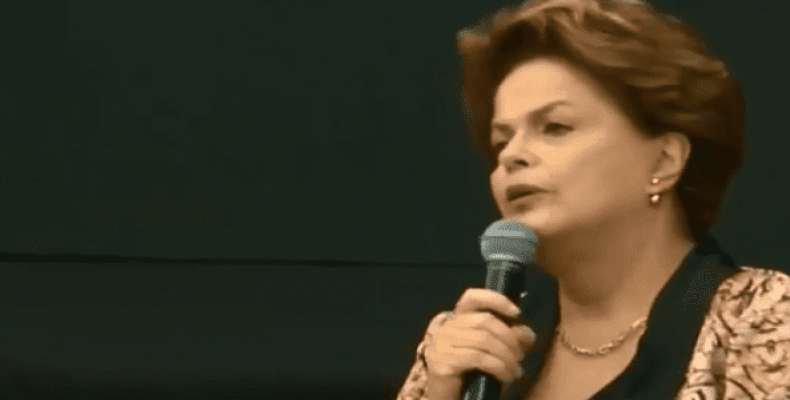Buenos Aires, November 20 (RHC)-- The Clacso First World Forum on Critical Thinking concluded on Tuesday in Buenos Aires, Argentina with guest interviews and speakers that ranged from former President Dilma Rousseff and Cristina Fernandez to academics such as Portuguese sociologist Boaventura de Sousa Santos.
The two-day event served as a prelude to the Clacso’s (Latin American Council of Social Sciences) Eighth Latin American and Caribbean Conference on Social Sciences that begins on Wednesday, November 21st.
The critical thinking forum addressed the effects of Latin America’s right-wing swing in the region. Dilma Rousseff, illegally ousted by far-right Michel Temer in Brazil in 2016 and Cristina Fernandez, former Argentinean president replaced by neo-liberal Mauricio Macri, addressed the audience on Monday morning.
During her interview, Rousseff said: "The jailing of @LulaOficial was the end of the principle of innocent until proven guilty and equality before the law (in Brazil). It wasn't enough to condemn him, they had to silence him. They took away all his rights."
Former Brazilian President Luiz Inacio Lula da Silva has been illegally detained by authorities since last April. He has been forced to appeal a corruption ruling against him from behind bars, violating Lula’s rights and the country’s rule of law. His imprisonment made it impossible for the former president to rerun for head of state, a contest that went to far-right Jair Bolsonaro on October 28th.
Rousseff added that "neo-liberalism is uniting with authoritarians (in Brazil) to create a similar vision as to what happened in Chile during the dictatorship. We must resist and confront neo-fascism," she warned. The former president said that even though Bolsonaro hasn’t taken office his administration "is characterized by a strong proximity to the United States and is clearly neo-liberal."
Talking with local media, Nicolas Trotta, dean of the Metropolitan University for Education and Labor (UMET) in Buenos Aires said: "The forum is essential in the face of the advance of neo-liberal and neo-fascist governments in the world and particularly in the region." He said that "it’s urgent to analyze the progress we have made and to study the limitations that popular governments found in the real democratization of power in order to draw up a new agenda," added the academic.
"The popular camp and the Left can take advantage to find answers to the new questions generated by this increasingly unequal world," Trotta said.
Clacso is a non-governmental institution, created in 1967 by UNESCO, which currently includes more than 300 social science and humanity research centers across Latin America, the Caribbean, the United States and Europe.
Dilma Rousseff says Lula's jailing did away with Brazil's rule of law

Related Articles
Commentaries
MAKE A COMMENT
All fields requiredMore Views
- U.S. healthcare cuts spark nationwide protests
- Israel's hawkish minister, husband accused of sexual abuse by daughter
- U.S. Colonel suspended for opposing Trump's military threat against Greenland
- IX CELAC Summit concludes with the signing of the Tegucigalpa Declaration
- Trump says U.S. has secret weapons like no one has seen before

